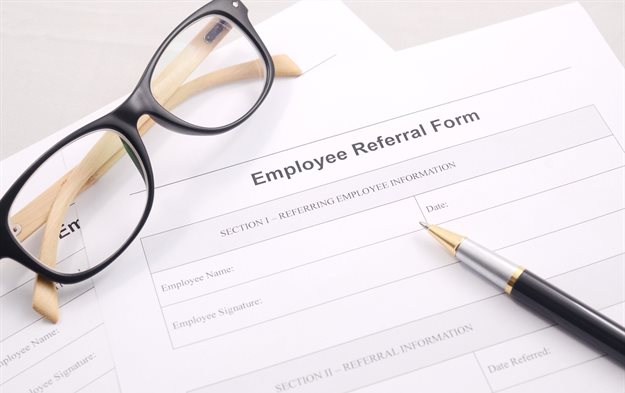
Top stories






More news

Marketing & Media
Ads are coming to AI. Does that really have to be such a bad thing?















A new research study has found that job-seekers with previous work experience who use reference letters in their job applications stand to increase their employment prospects by more than 50%. This proved especially true for women. The study was conducted with the Department of Labour’s Public Employment Services by researchers Professor Martin Abel from the Department of Economics at Middlebury College, Professor Rulof Burger from the Department of Economics at Stellenbosch University, and Professor Patrizio Piraino from the Department of Economics at the University of Cape Town, and J-PAL Africa.
The intervention targeted unemployed youth (18-34 years old) at labour centres in Gauteng and Limpopo. Approximately 70% of youth participating in the study had a secondary school degree and all had limited work experience in mainly short‐term, low‐skill jobs.
“A common challenge for job seekers is that CVs reflecting these limited credentials can leave hiring firms with very little information with which to assess job applicants,” the researchers stated in their policy brief.
Their focus group discussions indicated that while many hiring managers see the benefit of references from previous employers, most job seekers do not have contactable references listed on their CV and less than 5% include a reference letter with their application.
“Faced with a lack of information on the skills of applicants, South African employers often rely on informal referrals to fill vacancies. This can lead to mismatched placements and the exclusion of groups who benefit less from referrals, such as women,” the researchers continued.
Standardised reference letters give previous employers the opportunity to list their contact details and indicate how long and how well they knew the candidate. It also gives them the opportunity to rate employees from very good to below average on skills (computer skills, literacy and numeracy) as well as attitude (team ability, reliability, interpersonal skills and work ethic).
Results showed that applications with reference letters from former employers provided valuable information about applicants’ skills, increasing employer response rates and substantially improving a firm’s ability to select higher quality candidates.
Reference letters are particularly useful for female job-seekers, who had a much higher probability of finding work 3 months after being provided with the reference letter.
However, employers were wary of reference letters that seemed too good to be true. “While positive letters increased a job seeker’s chances of being contacted, letters with perfect ratings in all categories were ineffective; underscoring the importance of employers viewing the information in reference letters as credible,” the researchers stated.
The study was carried out in partnership with J-PAL Africa, a research centre based at the University of Cape Town that evaluates the impact of social policies and programmes. J-PAL Africa also conducts policy outreach and training to ensure that results of this important research are applied to decision-making.
Professor Burger said that they were very satisfied with the positive results of the study. He believes these standardised reference letters can play a significant role in ensuring that the employment process is fair and that the right people are employed in the right positions.
“And if employers know that they will be appointing the most suitable person for the job they might even be willing to employ more people.”
“Our conclusion is that these reference letters present a cost‐effective tool for reducing information gaps between job seekers and employers and increases job seekers’ employment prospects,” he said.
The full academic research paper is available here.